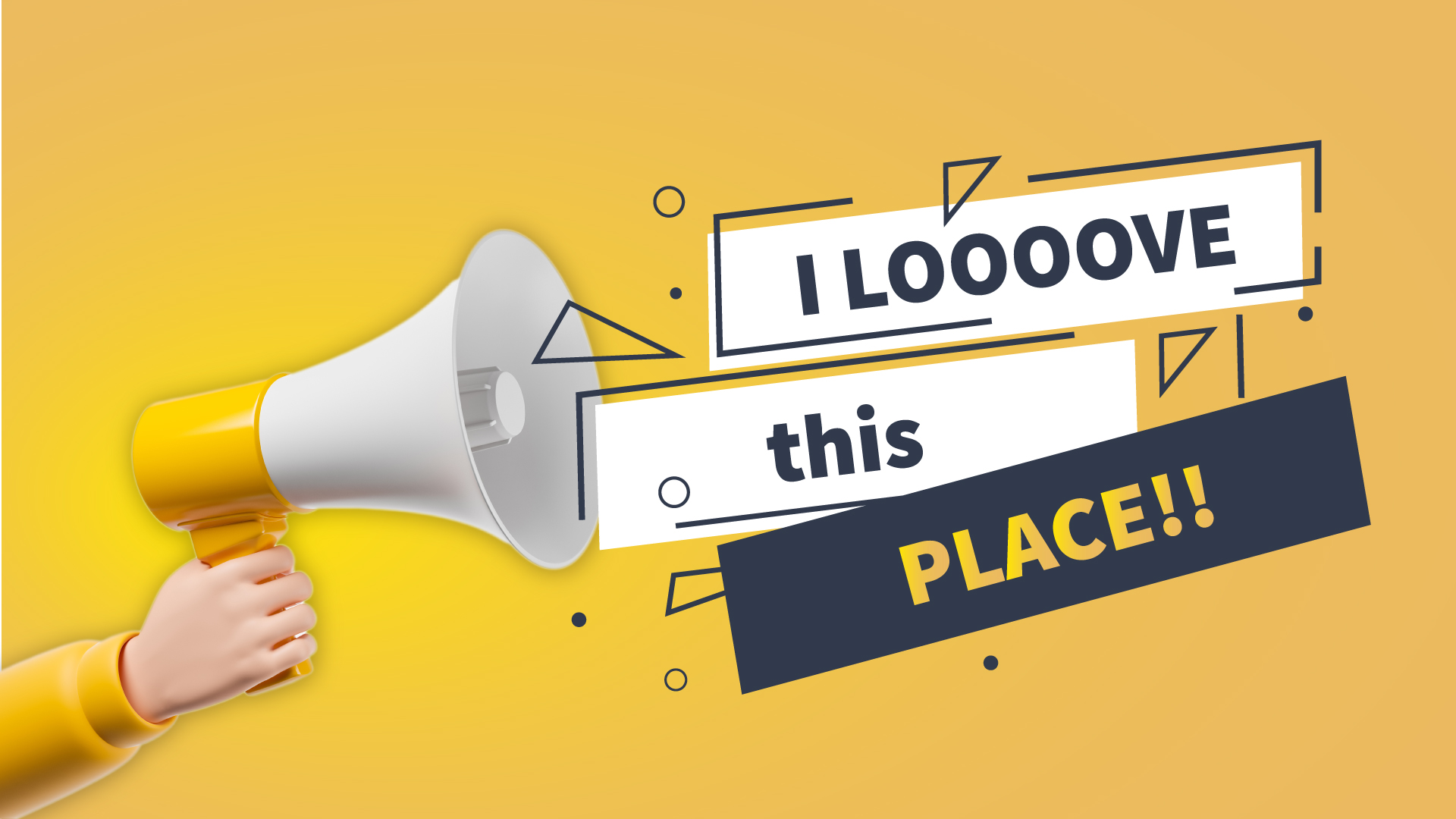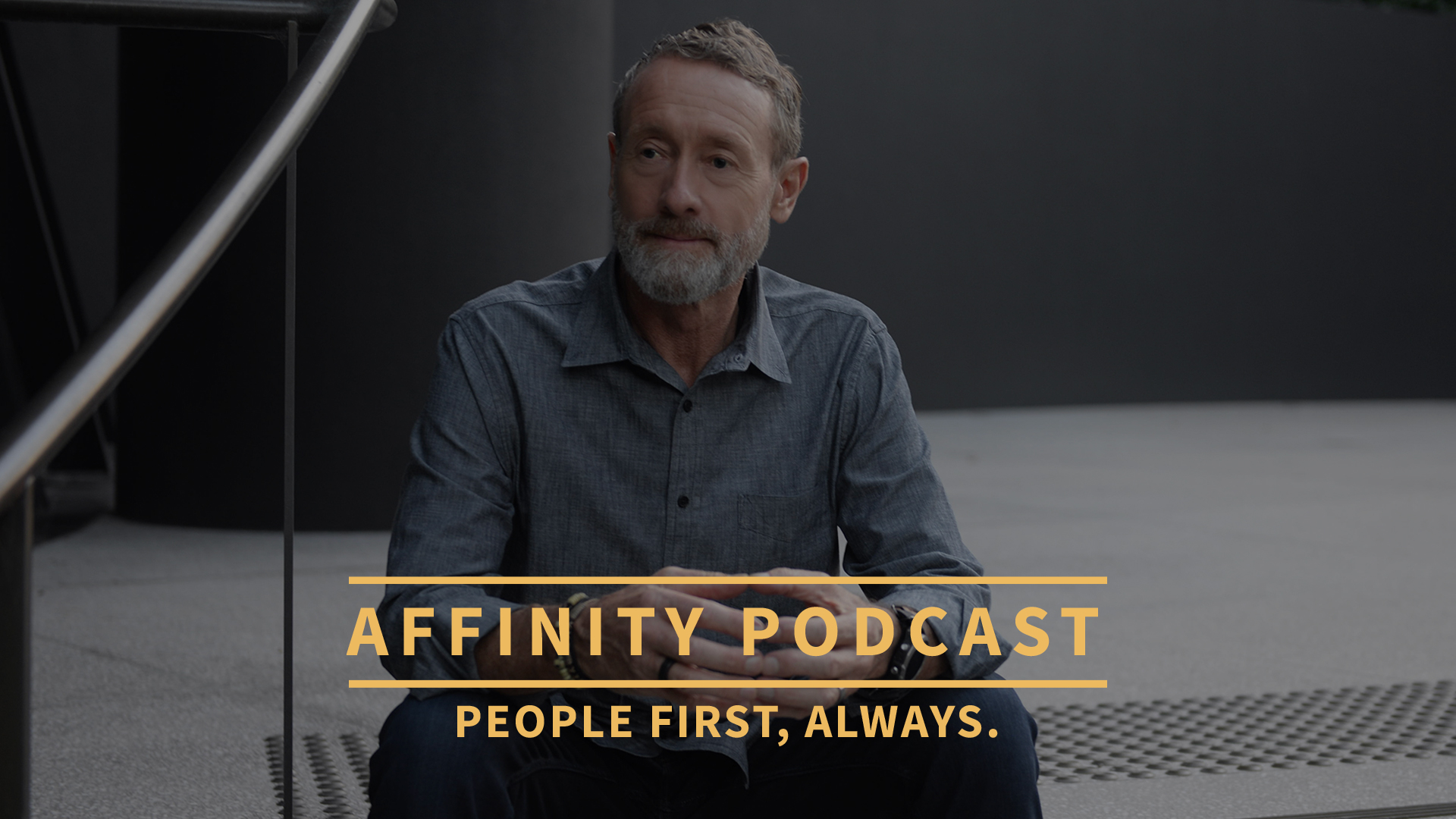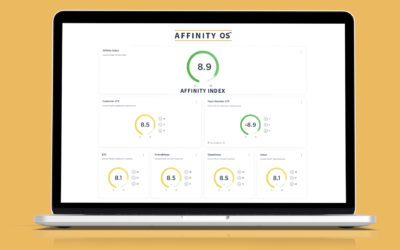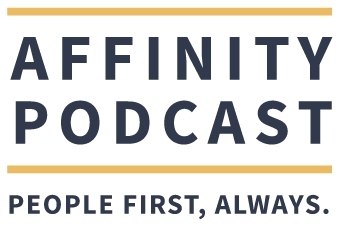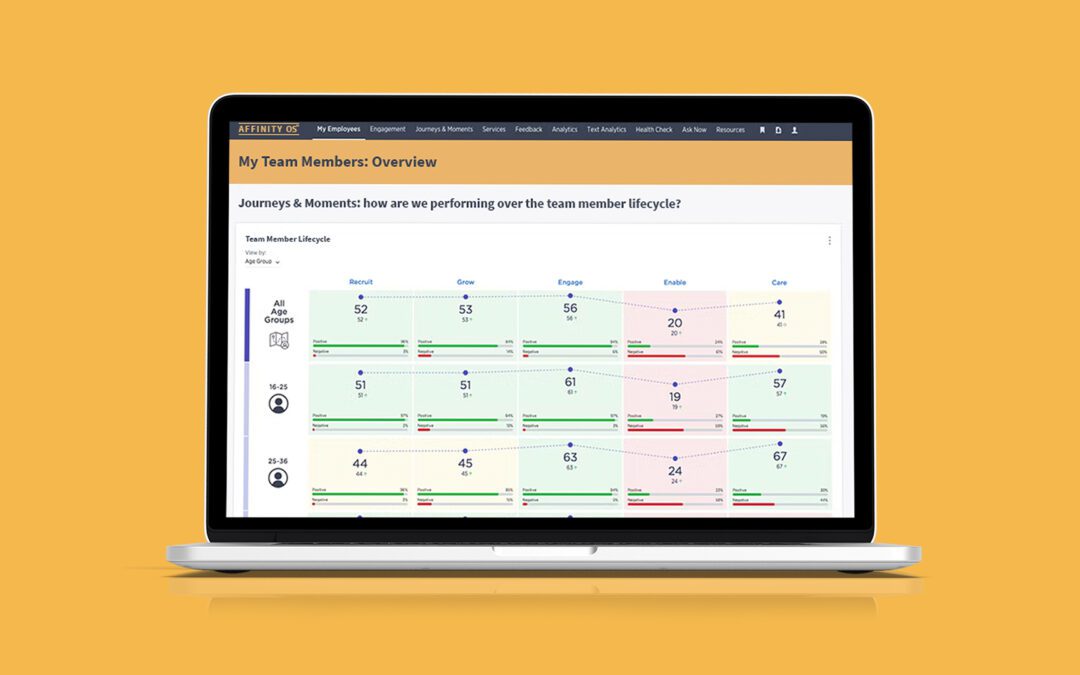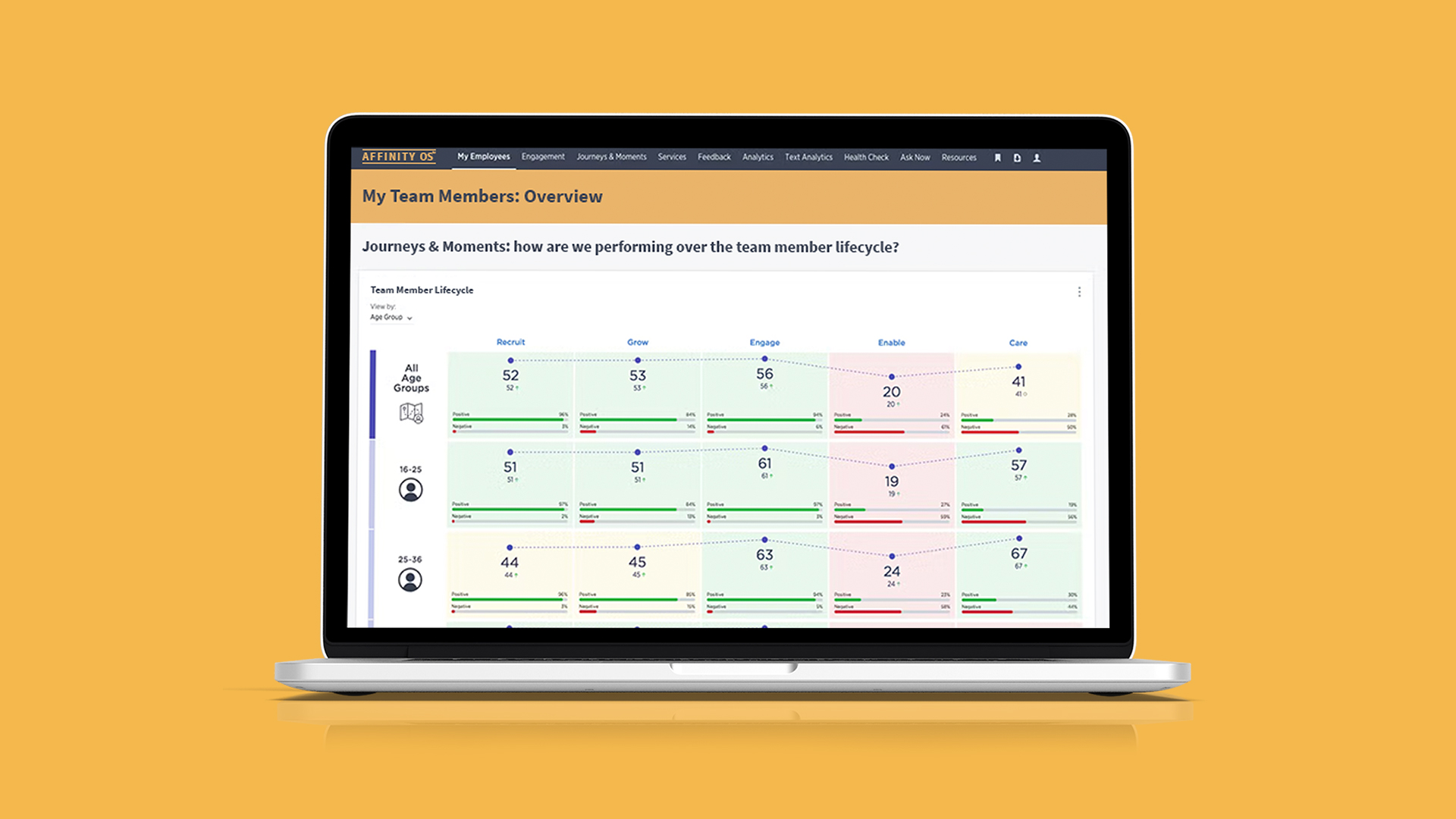Top companies leverage Net Promoter Score (NPS) and Employee Net Promoter Score (eNPS) to monitor and enhance customer and Team Member satisfaction, respectively, leading to various organizational benefits. Here are the key reasons and ways these metrics are used, supported by examples and insights:
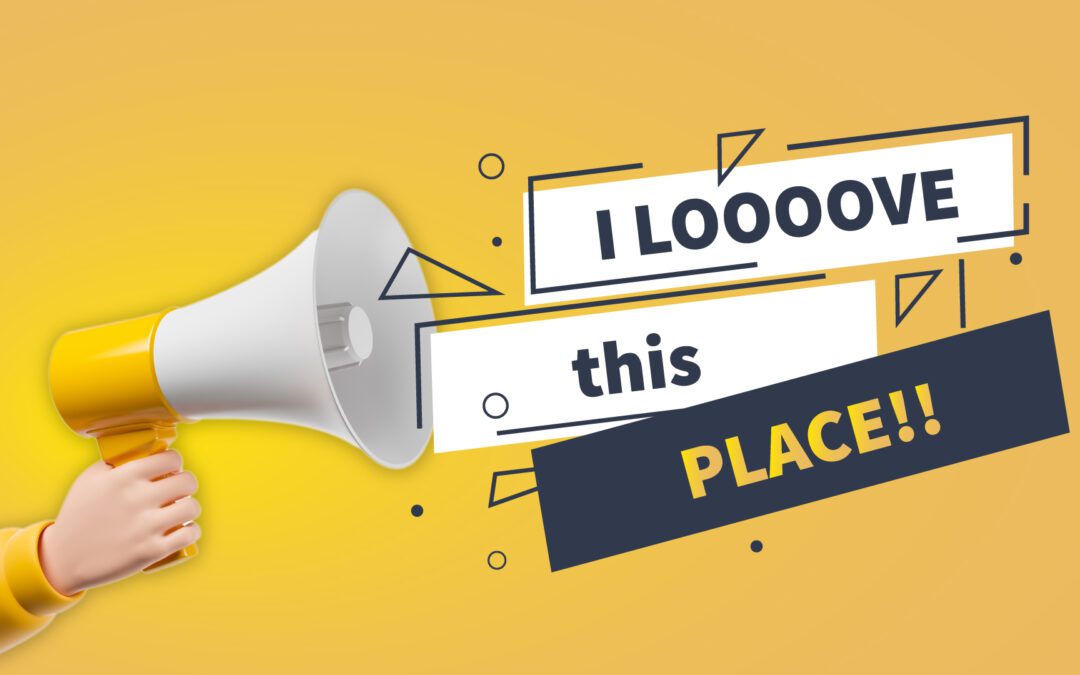
Member Referrals are Like a Box of Chocolates…Or are They?
Member Referrals Are Like a Box of Chocolates…Or Are They?

Grant Ian Gamble is a best-selling mindful leadership author and speaker. He has over 30 years of experience in leading teams to create innovative customer experiences, building engaged workforces, and developing leaders who prioritize mindfulness in their approach.
Referrals are the No.1 source of Members in the Fitness and Wellness Industry.
Here are some facts:
- Referrals are the number one source of new members across the fitness and wellness sector.
- $ROI is highest on Referrals when compared to all other marketing sources.
- Three quarters of all referrals come from ‘Promoters’ (high NPS* score) in the fitness and wellness sector.
- The avg. referral rate for Promoters = 58% when offered a referral opportunity.
- Prospective members are 4x more likely to join a gym if they were referred by a friend.
- In the fitness industry, referred members have historically had a 37% higher retention rate as opposed to non-referred members.**
And yet most clubs and club groups do a pretty average job garnering and leveraging referral opportunities. Asking random members for referrals is like ‘a box of chocolates’, you never know what you’ll get.
Whereas asking Promoters is almost guaranteed to be met with a positive response. Every club has its fair share of Detractors and Passively Satisfied members, but the Promoters have stated clearly that, they “Are likely to recommend the club to their friends, family and/or colleagues.”
AFFINITY OS™ automatically provides Promoters with a simple but compelling referral opportunity. The uptake and conversion is significantly higher than mass marketing offers to all club members.
Below are some averages for clubs using the AFFINITY OS Referral System:
- 52 promoters ave. per month = 30 referred prospective members per month
- Average conversion of referred members @ 85% = 25 new referred members per month
- If Ave. Lifetime Value per member = $2,500 those referrals add $62.5k each month
You can do your own math based on your LTV, but as Forrest Gump might say, “Referrals and growth go together like peas and carrots”.
** IHRSA attributes this higher retention rate to the social connections and sense of belonging that often comes with being referred by a friend or acquaintance.
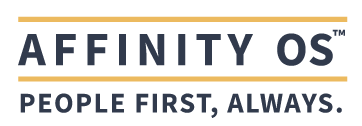





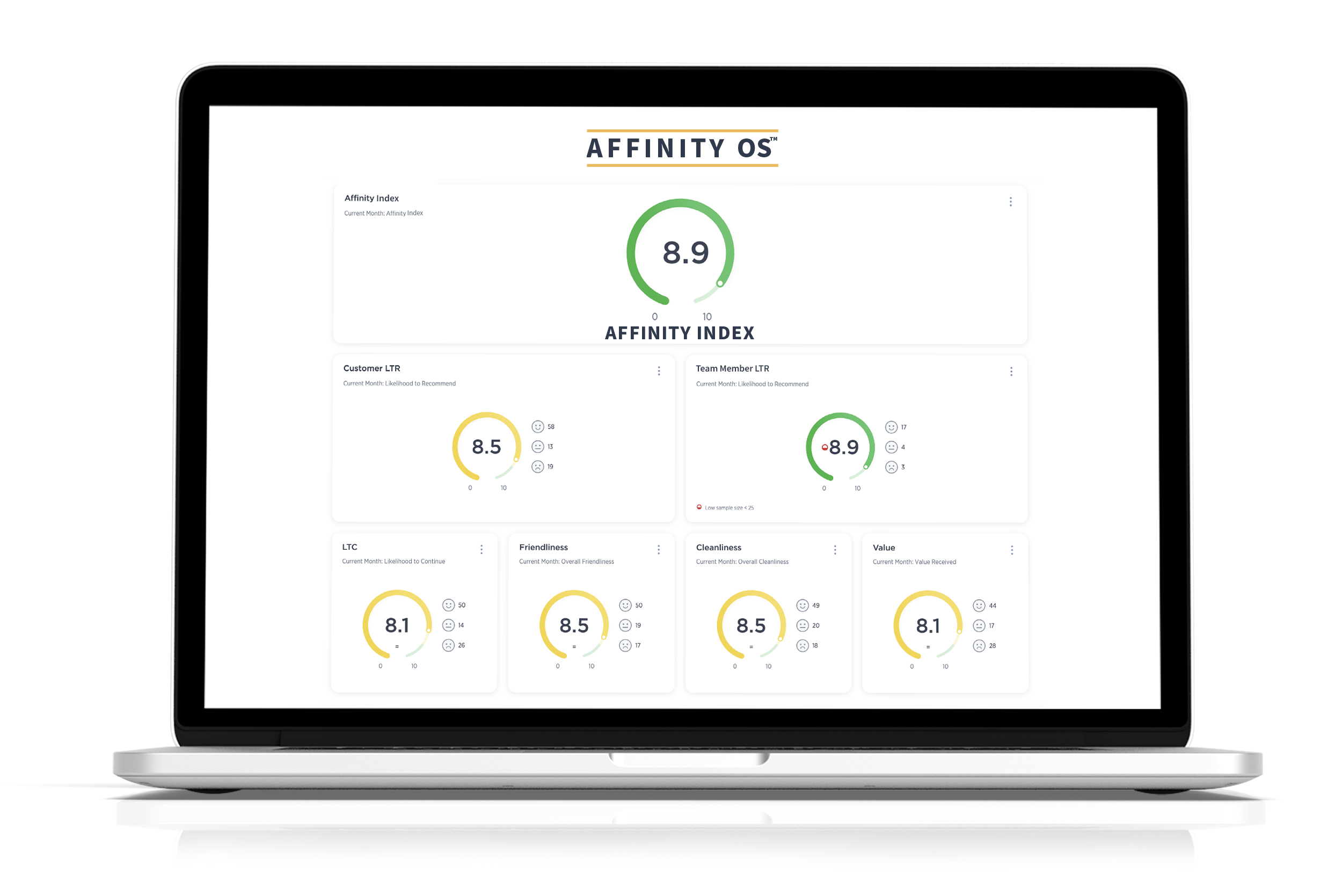











Dive into the heart of exceptional leadership and customer-centric success with AOS Academy. Our certification courses, guided by the “PEOPLE FIRST, ALWAYS” mantra, are designed to support professionals as mindful, effective leaders and service providers.
By integrating key insights from Grant Ian Gamble’s best-selling mindful leadership book, “The Affinity Principle”, we focus on nurturing people-centric cultures of empathy, effective communication, and customer service excellence.
The AOS Academy is more than just training – it’s a journey towards personal and professional transformation, ensuring every interaction and decision is rooted in understanding and valuing people first.
Put PEOPLE FIRST, ALWAYS and watch your business flourish.
Dive deep into the latest trends in customer experience and team engagement, mindful leadership and management. Discover practical tools and strategies that you can use to build a people-centric culture, the foundation for sustainable long-term business growth and success.
Led by mindful leadership expert, Grant Ian Gamble, a best-selling author and true visionary with over 30 years of experience in leading teams to create innovative customer experiences, building engaged, inspired and fulfilled workforces, and developing leaders who prioritize genuine connection in their approach.
The guiding principle behind all of Grant’s work is PEOPLE FIRST, ALWAYS.






More Articles:
Leveraging NPS® and eNPS® for Organizational Success: Insights and Real-World Impact
6 Traditional Predictors of Consumer Behavior Rendered Obsolete
In an era where consumer behavior changes at lightning speed, traditional methods of predicting these behaviors are quickly becoming obsolete. The intricate dynamics of the market, influenced by generational shifts and rapid technological advancements, demand a more sophisticated approach to understanding consumer preferences. This article delves into how traditional market segmentation, financial metrics, and trend analysis no longer suffice in the face of evolving consumer demands.
Understanding the 8 Key Trends Driving Consumer Behavior Change
The acceleration of consumer behavior change has been documented through various data points and trends, reflecting the rapid evolution of preferences, technology adoption, and market dynamics. Some key data points and trends illustrating this acceleration include:

